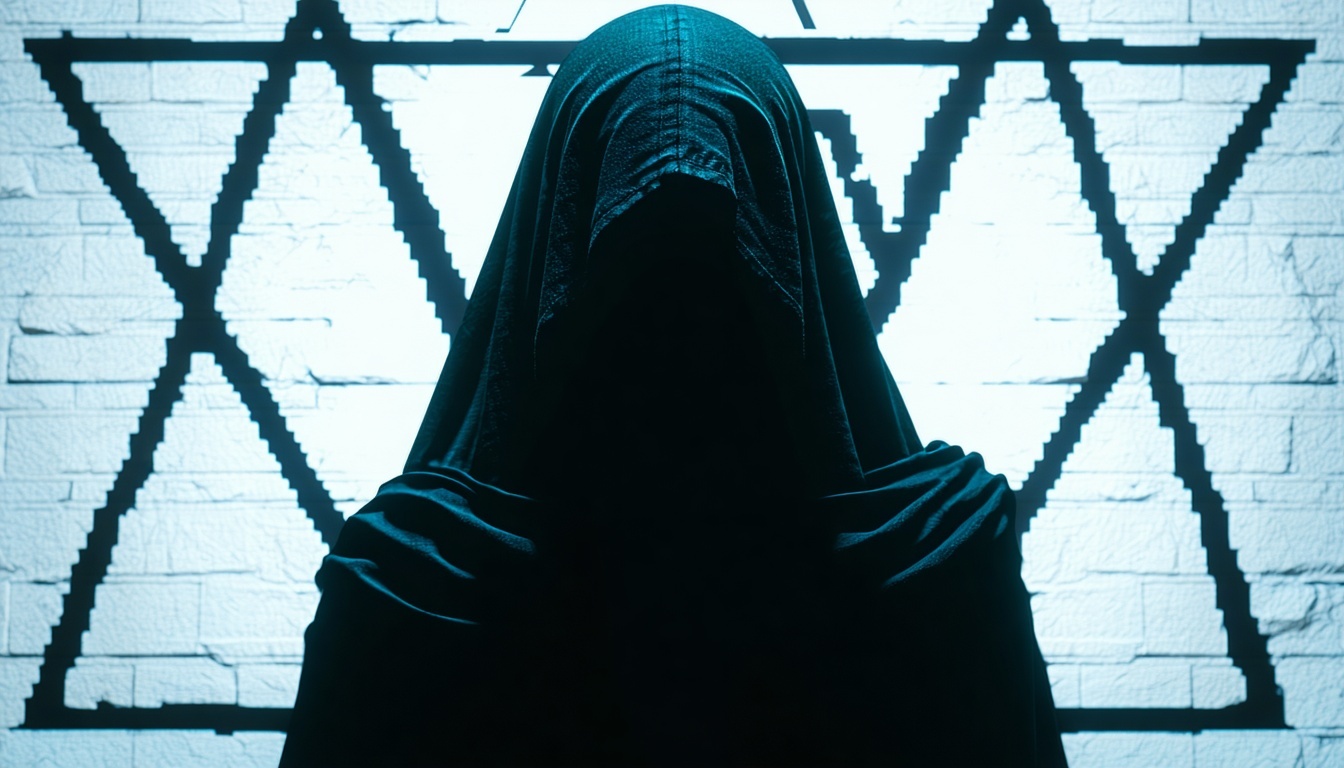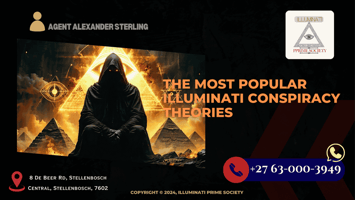Are secret societies controlling the world from the shadows? Dive into the most intriguing...
Exploring Illuminati Conspiracy Theories: Famous Members

Uncover the enigmatic world of Illuminati conspiracy theories and the famous individuals rumored to be part of this secret society.
The Origins of the Illuminati: Fact vs. Fiction
The Illuminati, often shrouded in mystery and speculation, traces its origins to the Bavarian Illuminati, a secret society founded in 1776 by Adam Weishaupt. Its primary aim was to promote Enlightenment ideals and curb the influence of religious and state power. Despite its dissolution in the late 18th century, the group has been the subject of countless conspiracy theories, blending facts with elaborate myths.
Over the centuries, the narrative around the Illuminati has evolved, with modern conspiracy theories suggesting an underground network of influential figures controlling world events. However, historians and scholars often emphasize the lack of concrete evidence supporting these claims, highlighting the distinction between historical facts and fictional embellishments.
Are Celebrities Really Part of the Illuminati?
The notion that celebrities are part of the Illuminati has gained significant traction in popular culture. Prominent figures like Beyoncé, Jay-Z, and Rihanna are frequently cited as members, often due to their use of certain symbols and imagery in their work. These symbols, such as the 'All-Seeing Eye' and pyramids, are believed by conspiracy theorists to be tell-tale signs of Illuminati affiliation.
Despite these assertions, there is no verifiable evidence to suggest that these celebrities are part of a secret society. Many argue that the use of such symbols is more about artistic expression and marketing than any genuine connection to the Illuminati. The fascination with celebrity involvement in the Illuminati speaks more to society's intrigue with fame and power than to any factual basis.
Political Figures and the Illuminati: Power Behind the Throne
Political figures have long been rumored to be part of the Illuminati, with theories suggesting that world leaders and influential politicians are members of this clandestine group. Names like the Rothschilds, the Rockefellers, and various U.S. Presidents are often mentioned in these contexts, purportedly using their power and influence to steer global events in favor of the Illuminati's agenda.
While these theories are captivating, they often lack substantial evidence. Experts in political science and history frequently debunk such claims, pointing out that the complexities of global politics are driven by a multitude of factors and interests, rather than the machinations of a secret society. Nonetheless, the idea of a hidden hand guiding world affairs continues to capture the imagination.
Illuminati Symbolism in Popular Culture
Illuminati symbolism is pervasive in popular culture, appearing in music videos, movies, and even fashion. Symbols like the 'All-Seeing Eye,' pyramids, and pentagrams are often interpreted as indicators of the Illuminati's influence. This has led to widespread speculation that these symbols are used to signal allegiance to the secret society and to subtly influence the masses.
Critics, however, argue that the prevalence of these symbols is more about their dramatic and mystical appeal rather than any genuine connection to the Illuminati. The use of such imagery can be seen as a marketing strategy, tapping into the public's fascination with the mysterious and the unknown. The debate over the significance of these symbols highlights the enduring allure of conspiracy theories in contemporary culture.
Debunking the Myths: What Do Experts Say?
Experts across various fields, including history, sociology, and political science, have extensively debunked many of the myths surrounding the Illuminati. They emphasize that while secret societies have existed throughout history, the modern-day portrayal of the Illuminati as a powerful, all-controlling entity lacks credible evidence.
Researchers argue that the persistence of Illuminati conspiracy theories can be attributed to cognitive biases and the human tendency to seek explanations for complex social and political phenomena. These theories offer a way to make sense of the world's uncertainties, even though they are not grounded in factual reality. By critically examining the evidence and understanding the origins of these myths, experts aim to dispel the misconceptions and provide a clearer picture of the truth.
.png?width=100&height=100&name=Illuminati%20Prime%20Society%20Logo%20(1).png)


